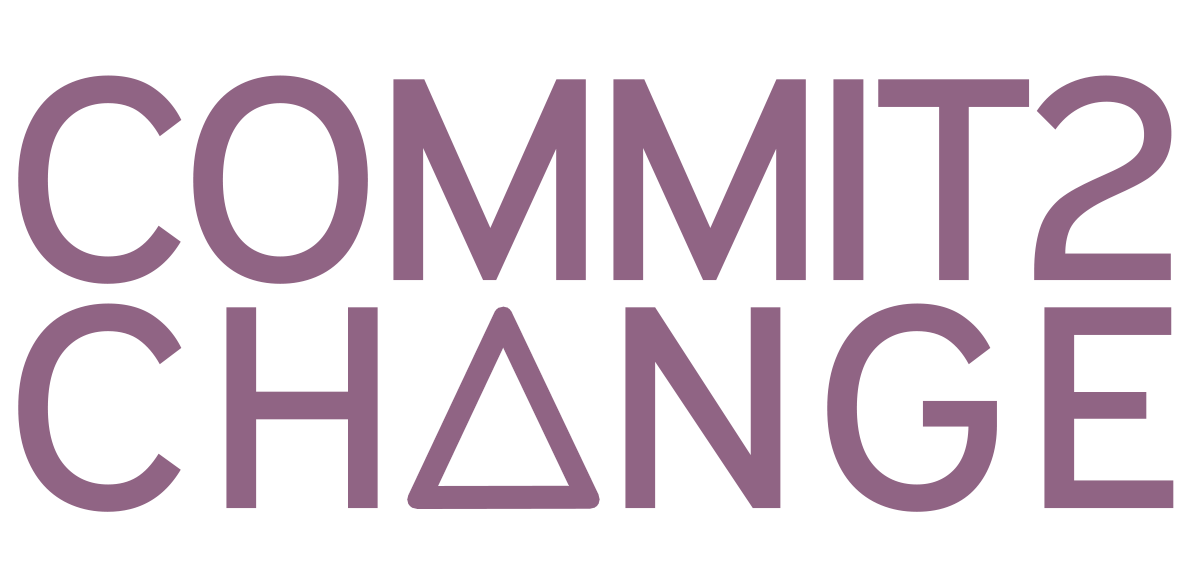In 2011, the United Nations established the International Day of the Girl as a way to both amplify the voices of girls throughout the world and to underscore the critical obstacles they face in the pursuit of education, gender equality, healthcare, and socio-economic prosperity. Numerous reports prove that educating girls leads to stronger, healthier, and more resilient societies. Yet many countries either fail to make education for girls a national priority, or they seek to ban it altogether, often through methods of violence and terror.
Right now, the threat to girls’ education is most devastatingly apparent in Afghanistan, where the return of the Taliban to power has already suppressed the hard-won educational advances that girls and young women have earned. Over the past twenty years, Afghani women have obtained university degrees and pursued careers in medicine, law, science, and business.
Now that crucial progress is at risk as the Taliban has ordered many women to stop working and attending school. The government has also begun imposing severe restrictions on girls’ schools, dress, classroom segregation, and curriculum, thereby forcing many teachers and students across the country to flee or go into hiding. Women and girls fear for their physical safety, especially in districts where the Taliban is still fighting for control.
Yet despite their fears and uncertain future, Afghani girls continue to advocate for themselves and their right to an education. “If men can fight the Taliban by guns and artillery,” says eighteen-year-old Behishta, who dreams of becoming an English translator, “we women can defend ourselves through our thinking — and not give in.” A fourteen-year-old girl in Kabul says, “It’s our choice and our right to go to school, to get an education. It’s important to give yourself hopes and dreams.”
This is the very premise upon which C2C programs are based. In our support of Indian and South Asian girls, we endorse the truth that girls in every country in the world have the right to a comprehensive education that will put them on a path to self-autonomy. We stand with Afghani girls and their advocates as they confront the threat of governmental suppression and the outright ban of their education. Barring girls from schools and universities, and forcing them into repressive, constricting roles, will have disastrous consequences for all levels of society and the economy.
Educating girls means giving them the power to shape their own lives while simultaneously investing in the country’s future. Our C2C students are proof of how education can change society for the better. Dhara and Rakshaben, students from a C2C partner school, are now fulfilling their goals of becoming doctors and have plans to help impoverished people in the rural villages where they once lived. Over 4,500 girls whom C2C has served, have gained the education and skills needed to establish professional careers that will allow them to support themselves, their families, and their communities.
The International Day of the Girl gives the world an opportunity to shine a much-needed spotlight on the barriers that many girls confront as they seek an education. However, the struggle has been ongoing for years and, as we see in Afghanistan, a return to oppressive rule can threaten and reverse positive advances all too rapidly.
At C2C, we will continue our programs with the ideology that supporting education for girls must be a continuous initiative on a global scale. All governments must recognize that providing girls with practical tools and knowledge will lead to positive, sustainable change. All counties must also take action when the right to education is severely threatened. “Don’t avert your eyes,” says Shabana Basij-Rasikh, a teacher who escaped Kabul with 250 students and staff after the Taliban’s return to power. “See those girls.”
https://time.com/6078072/afghanistan-withdrawal-taliban-girls-education/
https://www.nytimes.com/2021/09/20/world/asia/afghan-girls-schools-taliban.html
https://www.rescue.org/article/millions-afghan-girls-may-not-go-back-school-september
https://www.theguardian.com/global-development/2021/aug/25/afghanistan-teachers-defend-girls-education-taliban-international-aid
